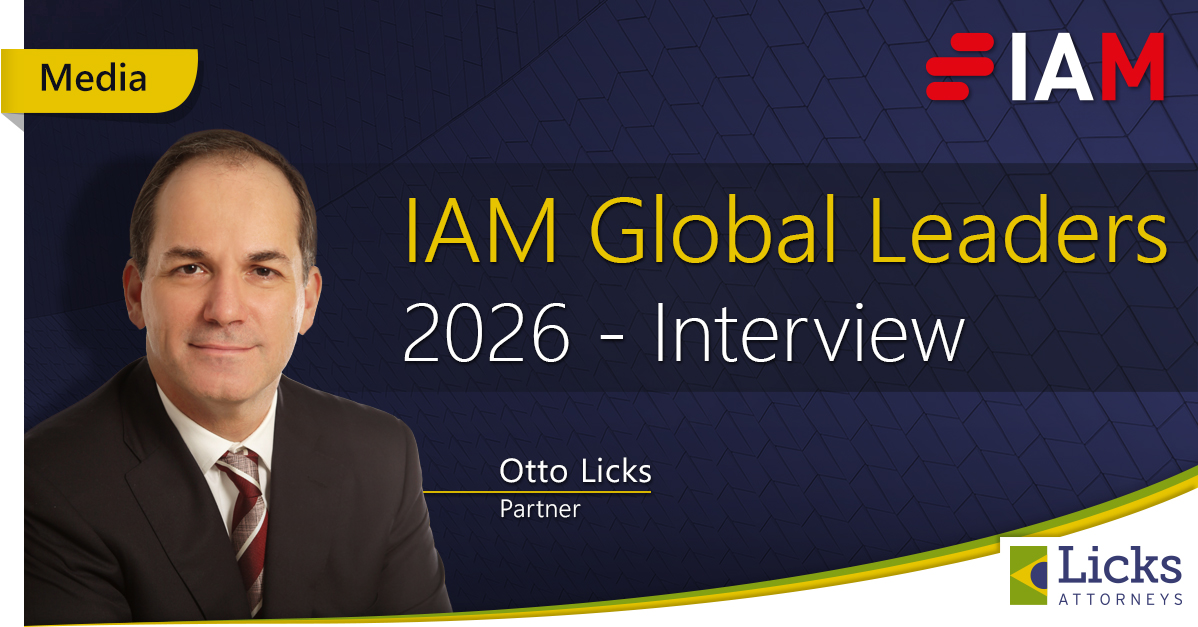
About Us
Expertise
PRACTICE AREAS
Publication
Careers
APplication Process
Join Our Team
We anticipate faster patent examinations and a reduced backlog, streamlining prosecution. While ICT and Mechanical sectors are performing well, Life Sciences – especially biotechnology – need improved allowance rates and clearer guidance on patentable subject matter, such as dosage regimes.
Key developments include upcoming debates on Patent Term Adjustment and Patent Term Extension, which will redefine patent terms. Brazil is also strengthening its judicial sovereignty, likely introducing anti-suit injunctions and penalties for foreign interference.
Internationally, patent harmonisation and resistance to lowering protection standards remain crucial. Recent efforts to create exception regimes for low-cost production countries – especially during the pandemic – highlight the needs to uphold robust IP protections.
While AI is making inroads into patent prosecution and mass tort litigation, its role in nuanced patent enforcement remains minimal. A key regulatory question will be whether the final human review is required. Patent offices may face pressure to accept or reject applications based solely on AI recommendations. The debate will focus on balancing efficiency with the need for human oversight in critical legal decisions.
I am deeply grateful for the opportunities I've had to represent clients in patent litigation over the past 35 years. While many cases have been memorable, a few stand out for their impact and unique challenges.
The 2007 compulsory license litigation for Efavirenz remains Brazil’s only such case, highlighting the complexities of public health interests versus patent rights.
Another pivotal period was the implementation of the TRIPS agreement and Brazil's Industrial Property Statute, which triggered intense legal battles as established groups resisted stronger IP protections as they had benefited from the previous status quo.
The first Standard Essential Patents (SEP) case in Brazil, involving caller ID technology and Telemig, was also a landmark moment, setting precedents for telecom patent enforcement.
Equally rewarding is our ongoing advocacy at the intersection of patents and regulatory approvals for medicines, veterinary products, and agrochemicals. These efforts reflect the dual mission of protecting innovation while ensuring the public access to safe, effective products.
The most significant challenge in Brazil’s legal system is the overwhelming demand on our judiciary. Despite its solid structure, the volume of cases limits the time judges devote to each matter, compelling us to communicate with precision.
Over the past 30 years, Brazilian litigation has evolved significantly. Early in my career, IP law was a broader field, and practitioners were simply "IP lawyers." Today, I’m proud to have helped shape a generation of specialists who identify as "patent litigators," reflecting deeper expertise.
This professional maturity has brought greater sophistication to legal practice, making it harder for firms to represent opposing sides. In the Life Sciences sector, a clear divide exists between those representing the R&D industry and those representing generic companies. In ICT, however, this distinction between SEP holders and implementers is still emerging and requires further refinement.
Yes, we’ve seen a marked shift in in client expectations for IP legal services, especially around the quality and validity of patent prosecution. Clients now demand deeper expertise and precision. Where once a mechanical engineer might have handled a biotech patent, today’s clients expect domain-specific specialists. In response, we’ve built Brazil’s largest team of patent professionals with diverse scientific and technical backgrounds, ensuring every case is managed by an expert in the relevant field.
To meet rising standards for security and compliance, we’ve also secured ISO 27001 (information security) and ISO 37301 (compliance) certifications. These reflect our commitment to robust data protection and effective information walls – critical for maintaining client trust and confidentiality.
Looking ahead, we expect a consolidation of service providers into larger, infrastructure-rich operations. These firms will offer more than basic PCT national phase filings, delivering sophisticated, multidisciplinary services tailored to the evolving needs of international clients.
Previous Post
There is no previous post
Back to all postsNext Post
There is no next post
Back to all postsRegister your email and receive our updates